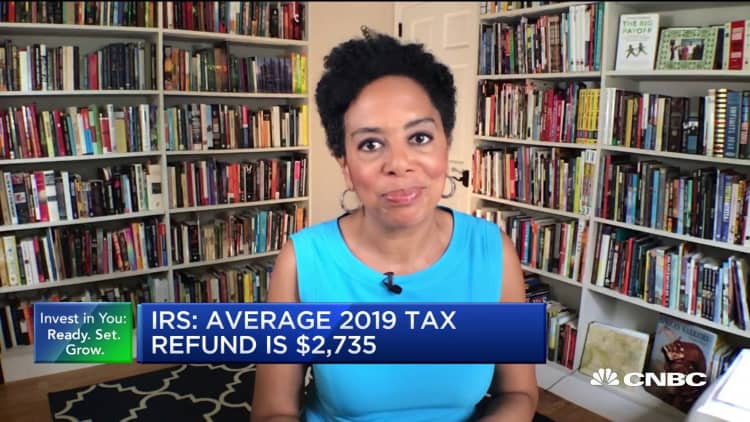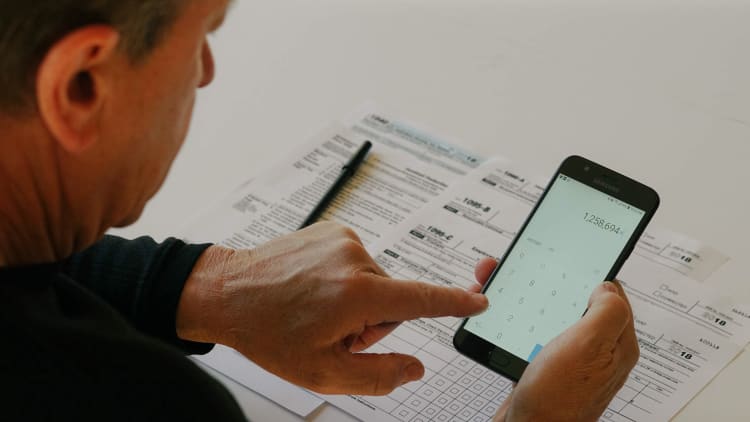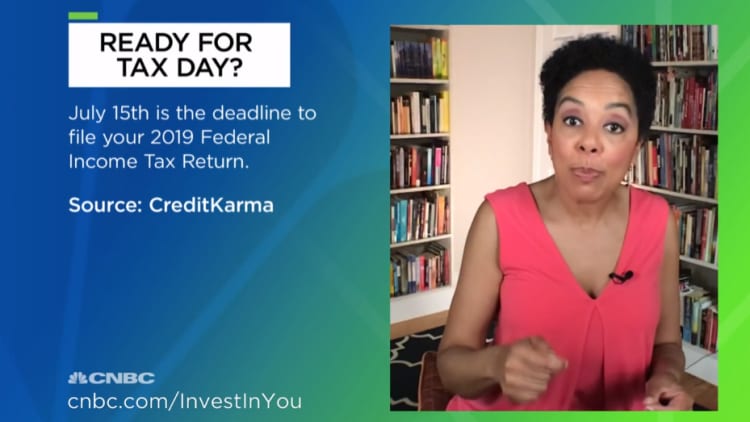
With only two weeks left until this year's tax filing deadline, now is the time to take the opportunity to make some key moves, which could translate into nice tax savings. The Covid-19 crisis led the federal government to extend the due date for submitting your 2019 federal income tax return to July 15, which is also the last day to make contributions into certain tax-advantaged accounts.
Make IRA contributions
You can contribute up to $6,000 into an IRA (traditional or Roth) and add an extra $1,000 if you're 50 or older. Depending on your income, you could get a tax deduction on the pretax money you put into a traditional IRA. Roth IRA contributions are made with after-tax dollars.
Contribute to a health savings account
Have a high-deductible health plan with a health savings account? You can stash up to $3,500 if you have individual coverage — or up to $7,000 for family plans. Throw in an extra $1,000 if you're 55 and over. HSA contributions are also tax-deductible. In the past, you would have had to get these contributions in by April 15, the typical tax filing deadline. Now you have until the new due date. You'll need to make 2019 IRA and HSA contributions by July 15.
More from Invest in You:
This critical link could help bridge America's racial wealth gap
How to cope with financial stress and anxiety during troubling times
Still not ready to file your taxes? Here's how to get an extension this year
Set up a payment plan if taxes owed
If you aren't ready to file your taxes by July 15, you can file for an extension that will give you until Oct. 15 to submit your return. However, the extension to file is not an extension to pay any taxes you may owe. "The IRS understands that those affected by the coronavirus may not be able to pay their balances in full by July 15, but we have many payment options to help taxpayers," IRS Commissioner Charles Rettig said in a statement. "These easy-to-use payment options are available on IRS.gov, and most can be done automatically without reaching out to an IRS representative."

To avoid paying significant penalties and interest, "you can set up a payment plan — direct debit or write a check every month," said Christina Taylor of Credit Karma Tax. "For a lot of people, if they're struggling to make day-to-day expenses, went through their savings. There's a little-known program known as 'offer in compromise.' You send in a form offering a compromise on your tax debt." Find out more at IRS.gov/payments.
Earn interest on your refund check
And if you're still due a refund, here's some good news that you may not have expected: File by July 15 and earn interest on your refund check. As long as you file by that due date, the IRS says you'll be paid interest compounded daily from April 15 until the date of the refund. Until June 30 the annual interest rate was 5%. The rate, which changes quarterly, is now 3% until Sept. 30. Your interest payment will arrive separately from your refund check. That payment is taxable and may count as ordinary income on your 2020 return.

SIGN UP: Money 101 is an 8-week learning course to financial freedom, delivered weekly to your inbox.
CHECK OUT: 23-year-old CEO: How I made a dorm room side hustle into a business bringing in $1 million via Grow with Acorns+CNBC.
Disclosure: NBCUniversal and Comcast Ventures are investors in Acorns.






